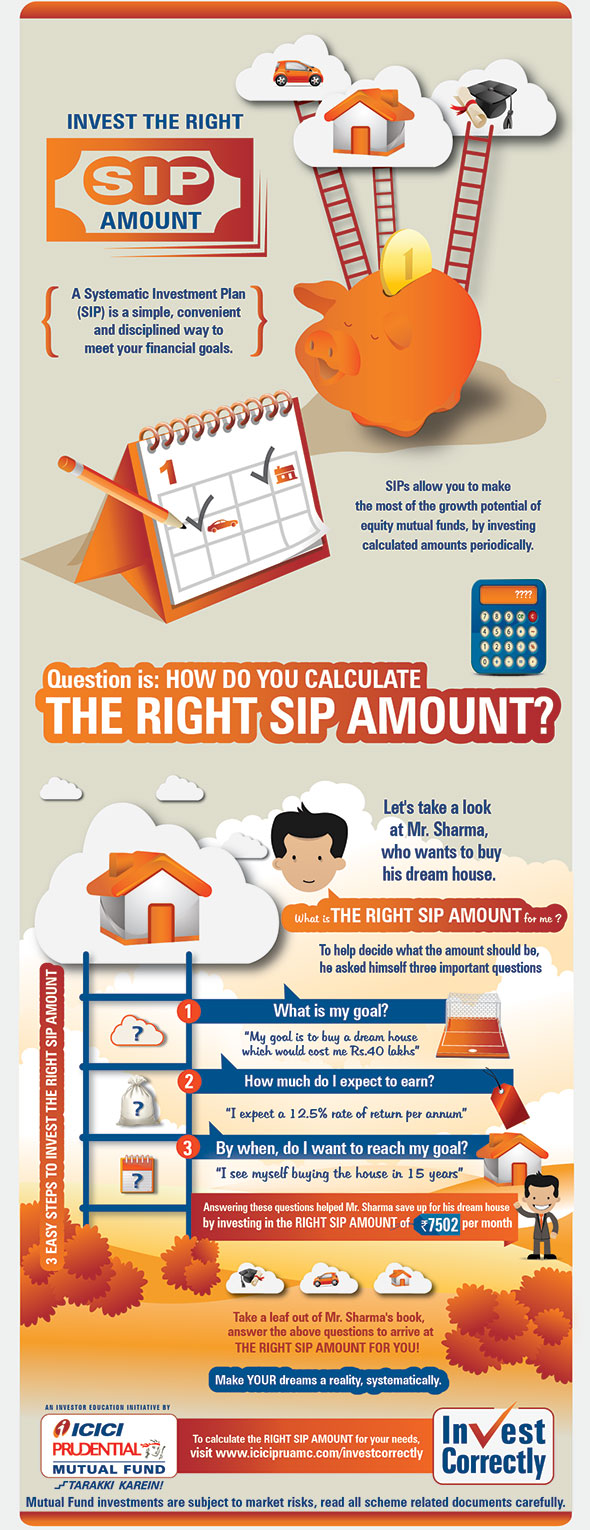Understanding Guaranty Agreement Bonds: What You Need To Know
Understanding Guaranty Agreement Bonds: What You Need To Know
Blog Article
Authored By-Kang Maloney
You think you've obtained contracts all identified, yet have you ever before heard of surety agreement bonds? These small little documents load a strike when it concerns protecting your interests.
In this post, we'll break down every little thing you require to find out about comprehending surety agreement bonds. From their objective to the different types available, we have actually obtained you covered.
Prepare yourself to dive deep into the globe of guaranty contract bonds and come to be a contract pro in a snap.
The Function of Surety Contract Bonds
To fully recognize the function of guaranty agreement bonds, you need to recognize that they offer financial defense to the obligee in case the principal fails to accomplish their contractual commitments.
Surety contract bonds work as an assurance, making certain that the obligee will be made up if the principal is unable to complete the agreed-upon job or meet their responsibilities. This kind of bond is typically used in building and construction tasks, where there's a risk of the contractor defaulting or failing to fulfill the project needs.
By needing a surety agreement bond, the obligee can have satisfaction knowing that they'll not endure monetary loss if the principal falls short to supply.
Essentially, surety contract bonds work as a safeguard, protecting the rate of interests of the obligee and making certain that legal commitments are fulfilled.
Kinds Of Surety Agreement Bonds
There are a number of different sorts of guaranty contract bonds, and it's important for you to recognize every one to figure out which is most proper for your certain demands.
The first type is the proposal bond, which ensures that if you win an agreement, you'll enter into the contract and offer the called for efficiency and repayment bonds.
The 2nd type is the efficiency bond, which guarantees that you'll complete the task according to the terms of the agreement.
https://judahrlgau.thenerdsblog.com/36864495/guaranty-agreement-bonds-frequently-asked-questions-and-answers is the repayment bond, which assures that you'll pay all subcontractors, laborers, and providers associated with the job.
Lastly, there's the upkeep bond, which offers defense against defects in workmanship or materials after the job is completed.
Comprehending these different types of surety contract bonds will certainly aid you select the right one for your specific situation.
Key Events Involved in Surety Contract Bonds
You should recognize that an essential event associated with guaranty contract bonds is the principal, who's the party that's bound to satisfy the terms of the contract. The principal is generally the professional or the party that's carrying out the building task.
Another vital party is the obligee, who's the entity that needs the bond to make sure that the contract is fulfilled. The obligee is typically the task proprietor or the customer.
Lastly, there's the surety, who's the party that gives the bond and guarantees the principal's performance. The surety is generally an insurance provider or a financial institution.
These 3 celebrations interact to ensure that the terms of the agreement are met which the project is completed efficiently.
Conclusion
So there you have it - now you comprehend the ins and outs of guaranty contract bonds. From the various types available to the key parties involved, you're equipped with the understanding to navigate this complicated globe.
Keep in https://www.reinsurancene.ws/neema-launches-reinsurance-capacity-partnership-with-sopac/ , whether you're a service provider or a task proprietor, having a solid understanding of guaranty contract bonds is necessary for an effective job.
So don't allow this important aspect of building and construction catch you off guard - be prepared and ensure your project's success with surety agreement bonds.
